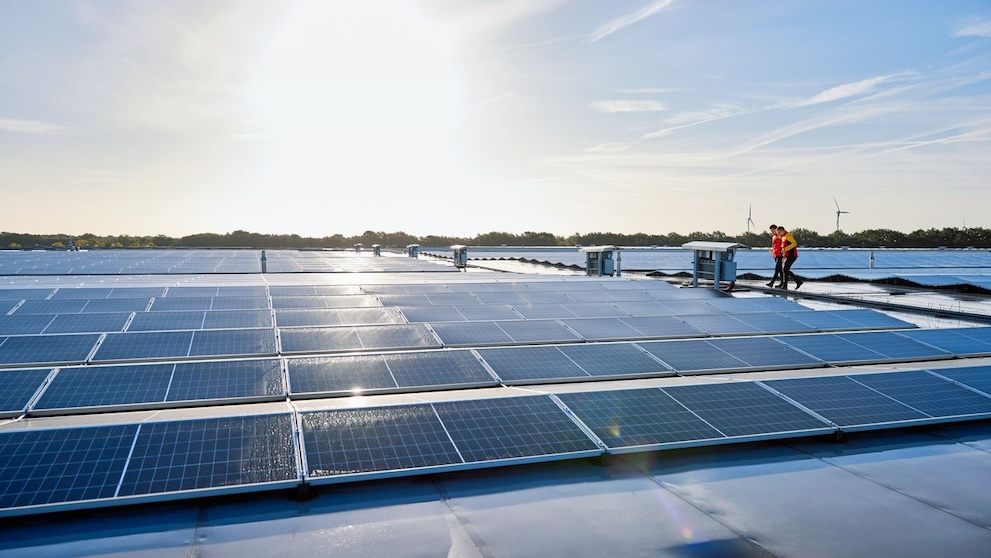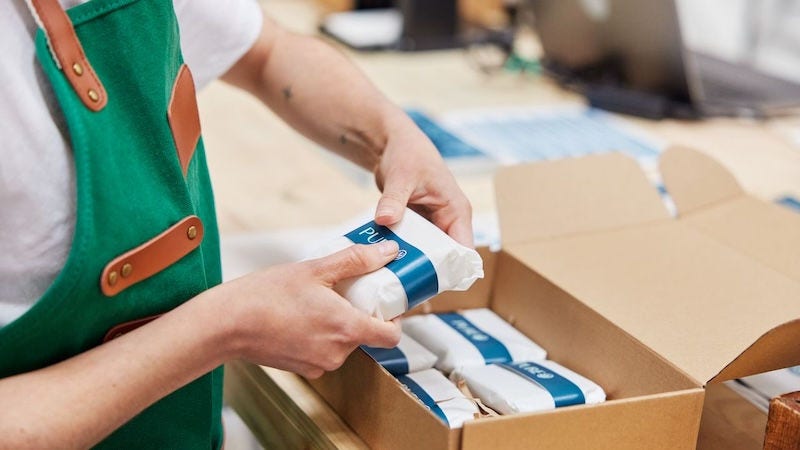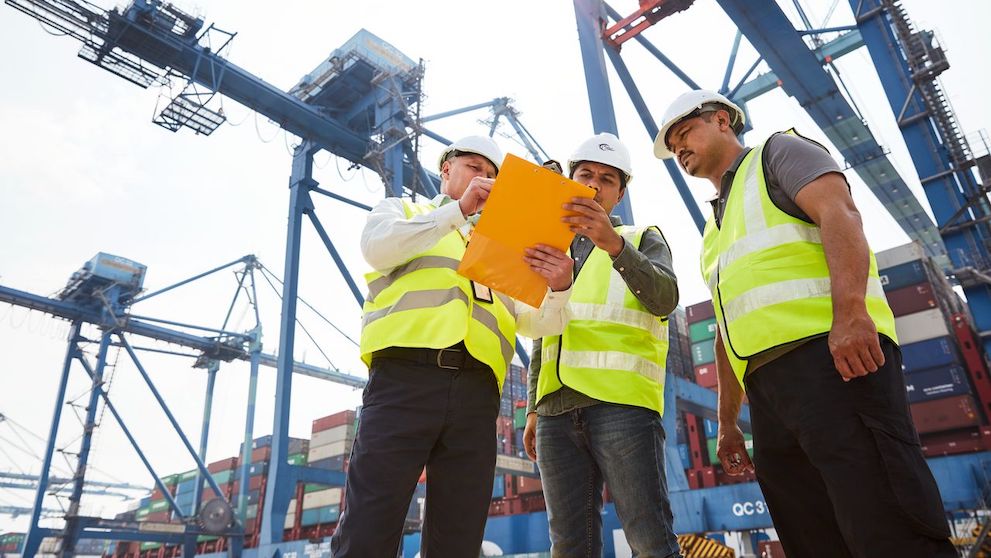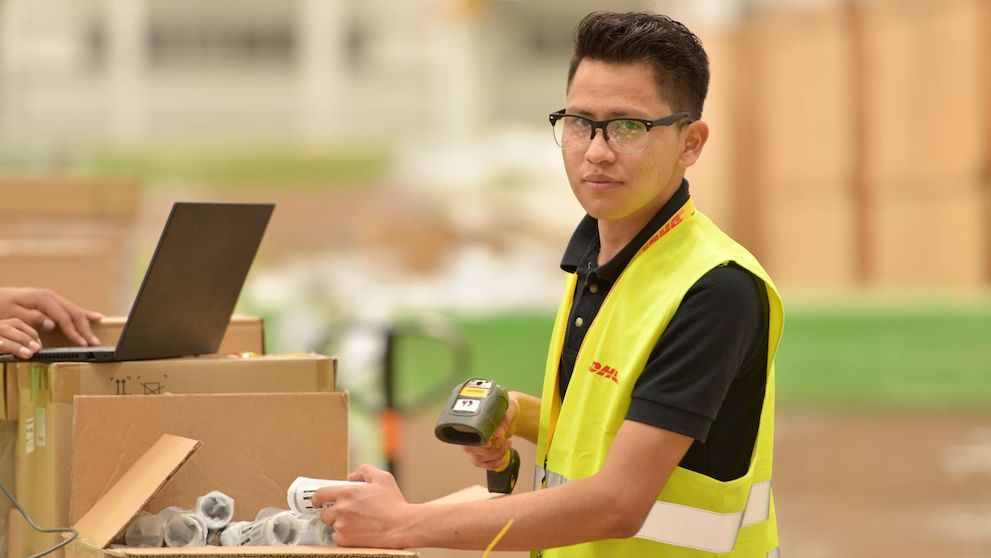In an attempt to actively chart a course toward sustainability, Indonesia has been harnessing its extensive natural resources to spearhead initiatives in renewable energy, eco-friendly agriculture, and sustainable forestry. These initiatives are designed not only to preserve the country's unique ecosystems but also to foster economic development through environmentally responsible practices.
The impetus for these transformative efforts is further bolstered by the recent launch of the Indonesia Carbon Exchange by President Joko "Jokowi" Widodo. With an estimated potential of a staggering Rp 3,000 trillion (US$185 million), this exchange is expected to open new sustainable and economically sound opportunities.
As Indonesia integrates these sustainability-driven measures into its economic framework, it naturally positions itself as a vital player in the global green economy. This strategic alignment not only enhances Indonesia's environmental stewardship but also elevates its status in the international market, particularly through innovative export sectors. Let us take a closer look at how Indonesia is channeling its commitment to sustainability into a competitive advantage globally.
1. Indonesia’s sustainable exports: A closer look
Indonesia is harnessing its environmental assets and sustainable practices to carve out a significant presence in the global market for eco-friendly products. Explore some of the key sectors where Indonesia is making strides in sustainable exports:
Renewable energy components
Indonesia is advancing its commitment to sustainable development through well-defined policies that set the stage for a significant increase in renewable energy production. The government and private sector's clear decarbonisation targets aim to achieve the nation's net-zero ambition by 2060, according to an article published by IEA.
These targets include achieving 100% electric-vehicle adoption, ensuring 70% of the power generation mix is renewable, and covering 30% of industrial emissions with carbon capture, utilization, and storage (CCUS) techniques. The national electricity plan aligns with these goals by aiming to increase the share of renewable energy to 28% of power consumption, alongside a significant reduction in coal dependency and an increase in gas use.
Furthermore, Indonesia is actively expanding its capacity to manufacture renewable energy components such as solar panels, wind turbines, and bioenergy products. This expansion is exemplified by the significant progress in several key projects, like the development of floating solar photovoltaic (PV), which is rapidly gaining momentum across the nation.
Recently announced projects include a 40 MWp installation at Nadra Krenceng reservoir and two significant projects totaling 2.5 GWp on Batam Island, as per a report by Institute for Essential Services Reform (IESR). The Batam projects are especially groundbreaking as they represent the first solar power exports from Indonesia to Singapore, opening a lucrative new market for renewable (solar) investors. These projects not only contribute to Indonesia's renewable energy targets but also showcase the country's innovative approach to meeting its energy needs and its potential as a leader in the global green economy.
Organic produce
The rise of organic farming across the Indonesian archipelago reflects a significant shift towards sustainable agriculture, driven by global demands for healthier and more environmentally friendly food options. As Indonesia aims to meet its ambitious target of achieving net-zero carbon emissions, sustainable practices such as organic farming become crucial. These practices not only contribute to reducing environmental impact but also support the national agenda for a cleaner, greener future.
The potential of Indonesia's organic sector is underscored by its recent achievements on the international stage. At the German Biofach Exhibition, the second-largest organic product exhibition in the world, Indonesia successfully recorded organic product transactions worth US$6.02 million, as per an article by VOI. This success highlights the growing global market for organic produce and Indonesia's capacity to meet this demand. The Director General of National Export Development of the Ministry of Trade, Didi Sumedi, noted that the demand for organic products is projected to increase significantly, with an average growth of 13.9% per year from 2024 to 2030, also reported by VOI.
Focusing on specific market segments, Indonesia is targeting the agricultural processed sectors such as spices, coffee, coconut sugar, and organic rice. These products represent a strategic choice due to their high demand in international markets and their suitability for sustainable farming practices in Indonesia's rich and diverse agricultural landscape.
This targeted approach not only helps maximize the economic benefits of organic export products but also promotes sustainable agricultural practices within the country.
Sustainable forestry products and services
Committed to environmental stewardship, Indonesia aims to transform its forest lands into a net carbon sink by 2030, enhancing carbon sequestration and aligning with global climate change mitigation efforts. Enhancing its Nationally Determined Contribution (NDC) targets under the Paris Agreement on Climate Change, Indonesia is also advancing towards its 2030 Forest and Other Land Use (FOLU) Net Sink target, aimed at optimizing carbon sequestration. This shift from conventional forestry practices to innovative methods marks a substantial step towards integrating ecological preservation with economic development.
Indonesia has introduced new business configurations in the management of production forest resources, which encompass activities like renewable energy, ecotourism, agroforestry, and the harvesting of FSC-certified timber and non-timber forest products (NTFPs). These are complemented by environmental services such as carbon capture and water storage and filtration, which are now increasingly recognized and valued.
Such integrated and sustainable forest management strategies not only preserve biodiversity but also bolster Indonesia's position as a leader in global environmental conservation and sustainable economic development.


















